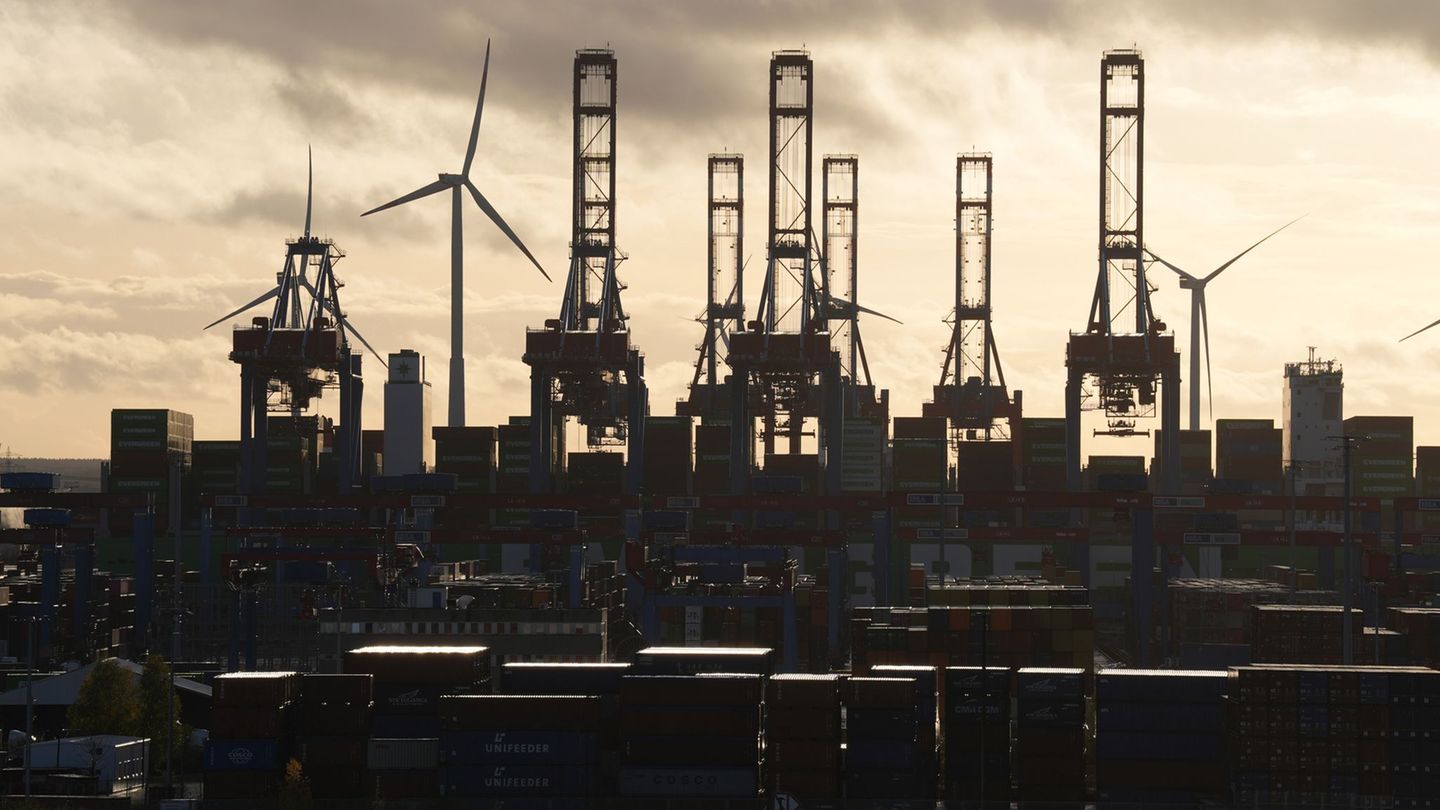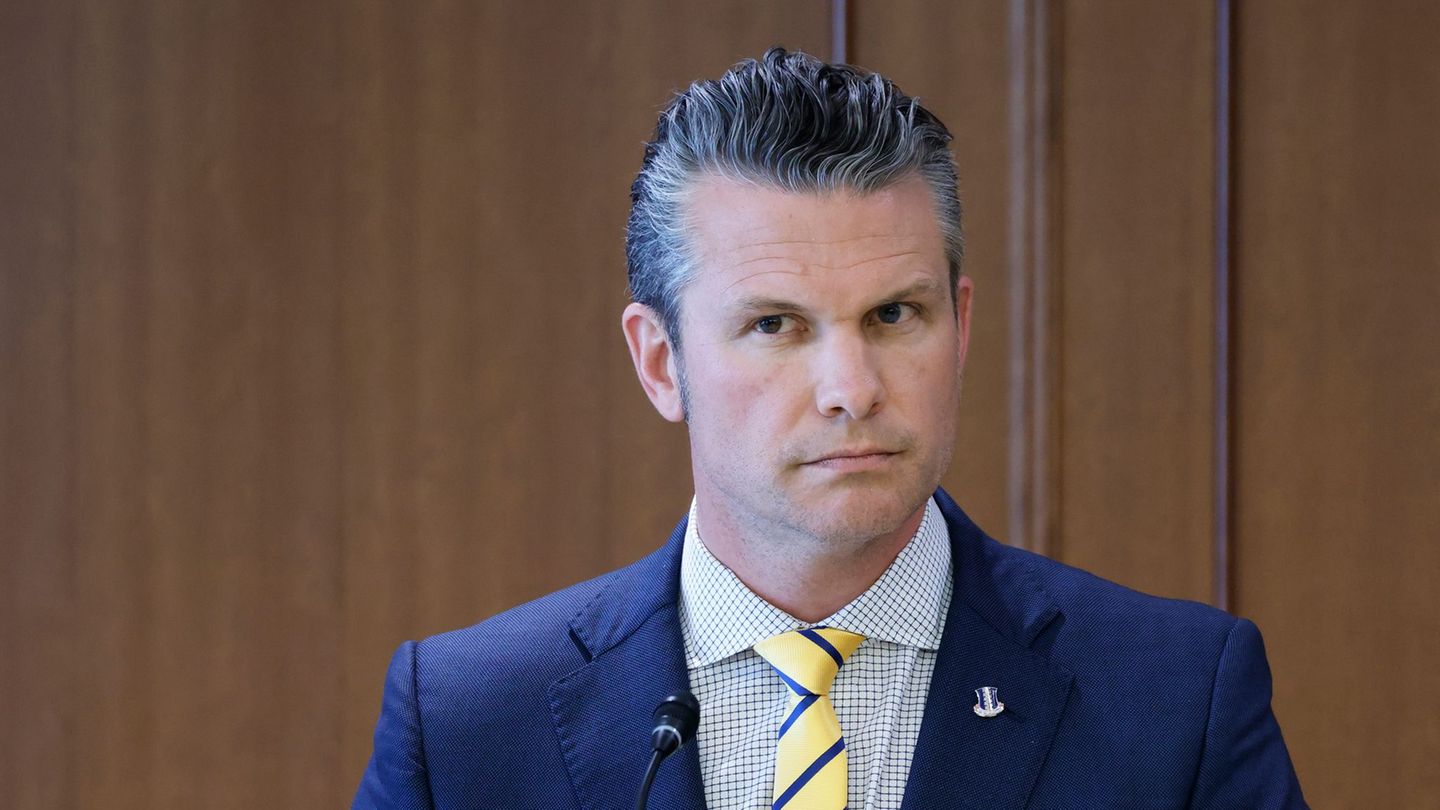For refueling at the charging station, you often need special customer cards. The federal government wants to make it easier – but the industry is resisting. Now the Federal Council votes.
Electric cars fill up at the charging station – but how do you pay for electricity at public charging points? The federal government, car manufacturers and the energy industry are arguing about this question.
While the federal government is calling for readers for card payments, companies find this out of date and rely on apps. The Federal Council is due to vote on the question on Friday.
The problem
There is currently no uniform system for paying at charging stations. There are more than 46,000 public pillars, but hundreds of operators, contract models and tariffs. Charging works partly via customer cards, which only work on certain pillars, and partly via apps. Sometimes a basic fee is paid monthly, sometimes only for each charging process.
The idea of the federal government
Charging electric cars should become easier and more independent, so that users can spontaneously use any charging station they can find on the way. The cabinet has therefore initiated an amendment to the charging station ordinance, which would oblige providers to install readers for common debit or credit cards in new charging stations from July 2023. Charging stations that are already in use would not have to be converted. Before this ordinance can come into force, however, the Federal Council must give its consent.
The arguments of the auto and energy industry
Several business associations are resisting the card reader requirement. The terminals are outdated, they cause additional costs for users and slow down the pace of innovation, say the Federal Association of Energy and Water Management, the Association of the Automotive Industry and the Central Association of the Electrical and Electronics Industry. Digital solutions, such as apps or mobile providers such as PayPal, are modern. “In 2030, no one will need EC card terminals as an expensive back-up payment option. They are then an anachronism like telephone booths today as a back-up for smartphone users, ”explained the associations.
The head of the VKU municipal utilities association, Ingbert Liebing, argues in a similar way. “Very soon digital solutions will be the rule in all areas of life,” he told the German press agency. Any additional requirements placed on the operator would inhibit the expansion of the charging infrastructure.
Cities and banks think differently
The banking industry, cities, municipalities and counties, on the other hand, insist on open payment systems. According to the German Savings Banks and Giro Association (DSGV), consumers must be able to pay at every charging station with the card they have in their wallet. ADAC is also in favor of consumers being able to pay at the e-charging station as they are used to at many normal petrol stations, as ADAC traffic president Gerhard Hillebrand told the world.
The proponents of the card readers argue that payment chaos at the charging stations is slowing down e-mobility. On average, every e-car driver now has three charging cards from different providers and has to register in apps and on websites with sensitive payment data – and yet he cannot simply drive to the nearest charging station, but has to look for the one of his contractual partner.
motorist
Many drivers who drive an e-car have adjusted to the fact that several maps or apps are necessary in order to be able to charge the car everywhere. Apps also show in real time which charging stations in the area are currently free or occupied. Many providers also offer roaming options, so that you can charge at thousands of stations with a card from a large chain of petrol stations or an energy supplier, for example. Many drivers tend to be annoyed by the comparatively high rate of defective charging stations that have not been repaired for weeks. They also want illegal parkers to be towed away more consistently at loading bays.
The vote
How the vote in the Federal Council will end is completely open. Not all federal states support the obligation to install a card reader. That is why the subject was postponed once. If the majority of the Laender rejects this, the ordinance cannot come into force. However, it is also possible for the countries to change certain points and then agree.
Jane Stock is a technology author, who has written for 24 Hours World. She writes about the latest in technology news and trends, and is always on the lookout for new and innovative ways to improve his audience’s experience.




